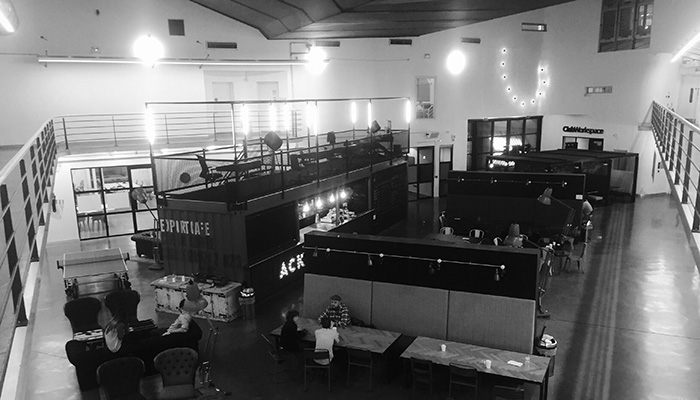Keeping your WordPress site updated

One of the great things about WordPress is that new updates are released regularly and at no cost to the user. In this post I will explain why it is important to keep your website running the latest WordPress version, as well as updating any plugins you have installed.
With the notification system on the dashboard, WordPress makes it easy to spot when a new version is available and to update at the push of a button. Despite this I regularly see client websites where no action has been taken. Often people are unsure as to whether it is safe to update or not, and if the task is left unassigned to anyone in particular it can become chronically overlooked.
So is it Safe?
You may be right to be a little hesitant – updating to a new version of WordPress can potentially cause problems. For example, outdated plugins may cease to work as expected on a different version than that they were built for. Plugin updates are often released in conjunction with a new version, so updating these first will help to avoid any issues.
In my experience it is actually a very rare occurrence that anything goes wrong as a consequence of updating, however it is sensible to take some precautions:
- Always take a backup of your site before you update just in case. You can do this using a backup plugin, with your hosting control panel, or via FTP. The pain of finding out how to do this is well worth the peace of mind. You can find out more information on backing up your site here: WordPress Codex: Backups. If you host with our preferred hosts WP Engine, daily backups happen automatically.
- You might find it helpful to check the update release notes or change log to see what is new, so that you know what potential problems you could encounter. When the update is complete check through your site with this in mind to make sure everything is still working OK.
- To reduce the impact of potential problems don’t make your updates when traffic is at its heaviest – wait until out of hours. If you have a test server available, update here first before you go ahead on the live site.
- If you are using a caching plugin switch this off beforehand so it does interfere with the process. When complete, remember to purge the cache and turn it back on again.
Is it really Necessary?
In short, yes. Though your site may appear to be fine running on an older WordPress version, updates are created for a reason:
- Security: Outdated software can cause security risks. Updates are made to resolve any vulnerabilities that have been reported. If you fail to update you not only leave those in place, but become open to hackers actively seeking out sites running outdated versions to target these weaknesses. Plugins can be even more vulnerable to security risks, so remember those too.
- Performance: Updates are not only to patch security issues, but can be to fix bugs, improve speed and efficiency, improve your user experience, and add new functionality.
Take the plunge and update promptly and regularly – waiting before several updates have passed can leave you with an overload of new features to get used to. In addition, little issues that could once have been easily diagnosed and fixed may have added up to a scenario that is both time consuming and expensive to resolve.
If there is nobody taking this role within the company, organise some WordPress support to ensure that you neither leave your site at risk, or miss out on making it the best it can be.

Optimising WordPress headings for SEO

We have a new studio!
Let's Talk
Do you have a web design and build project coming up that you would like to talk about?